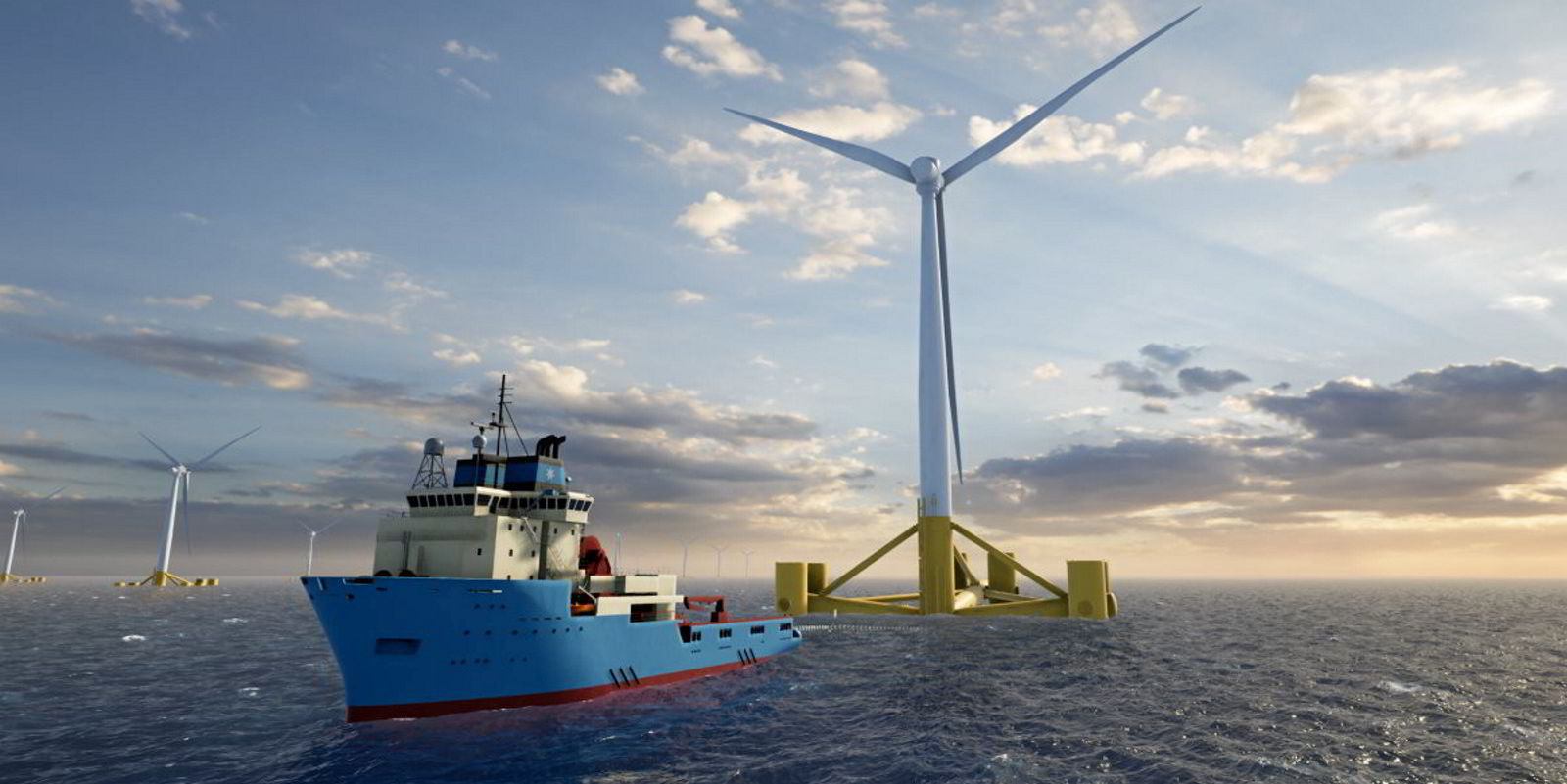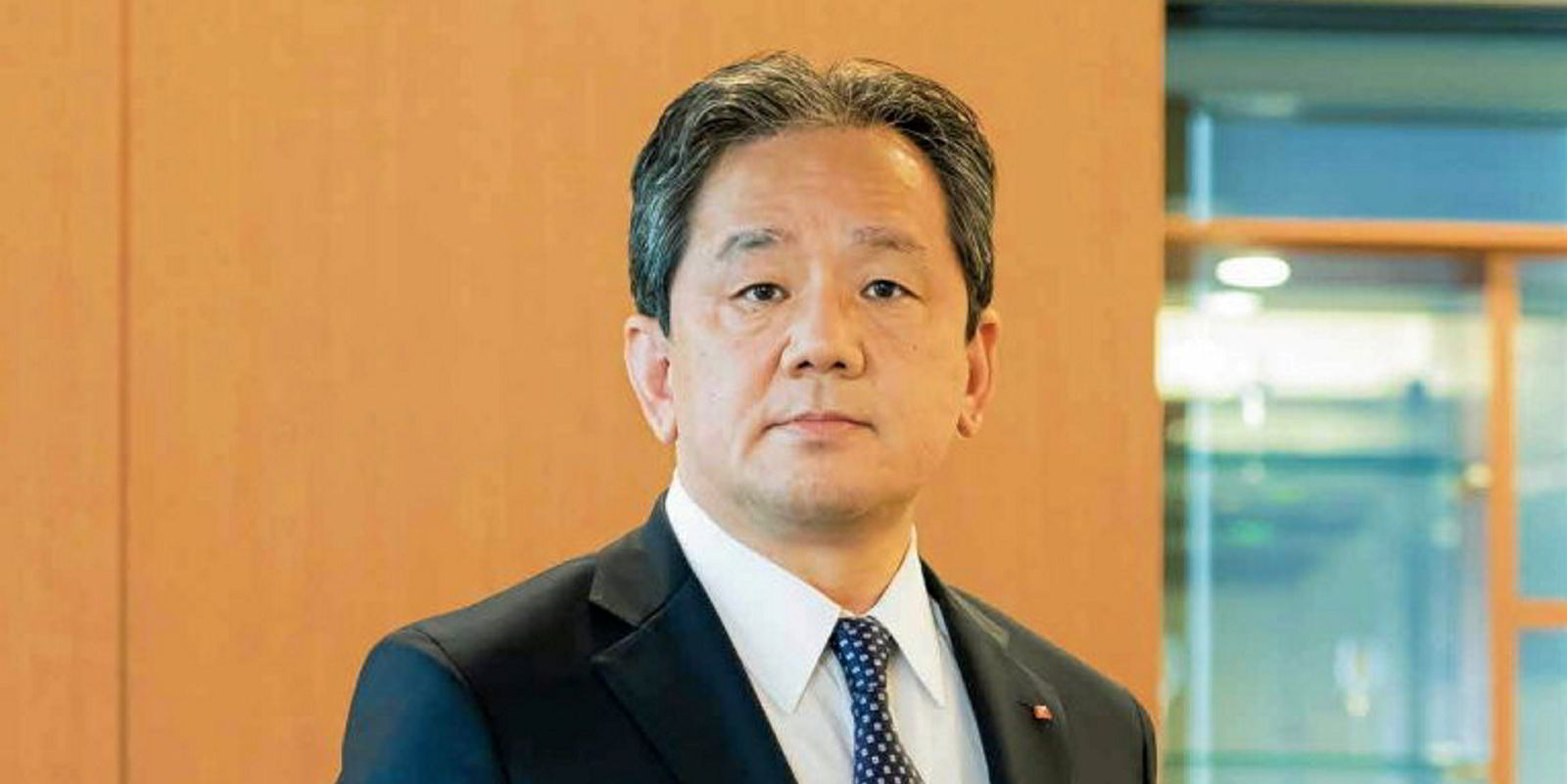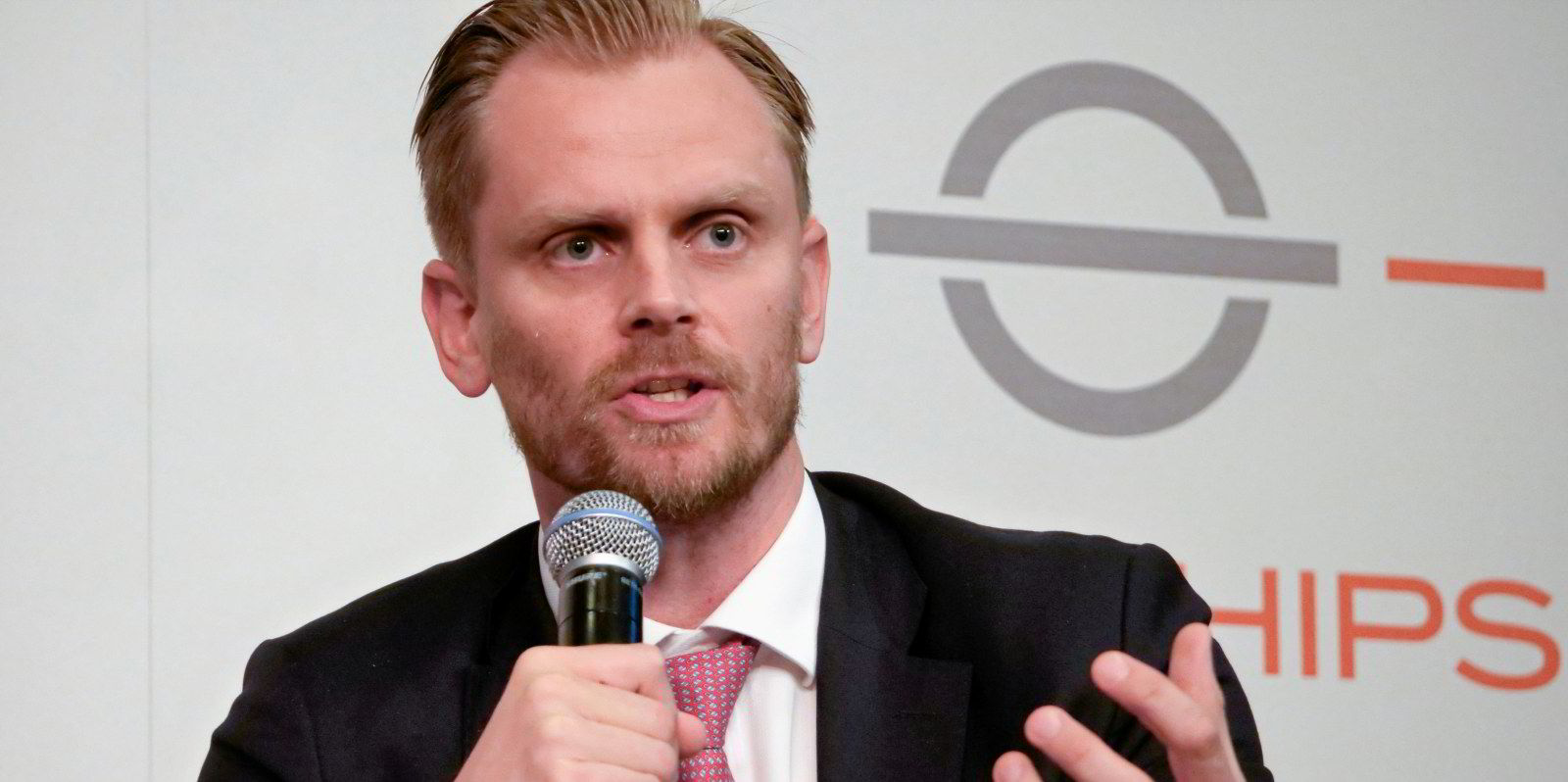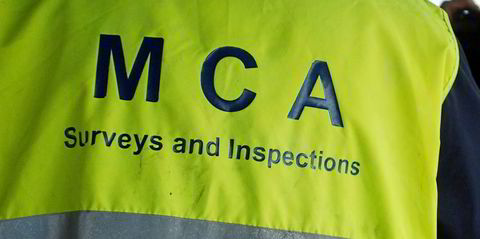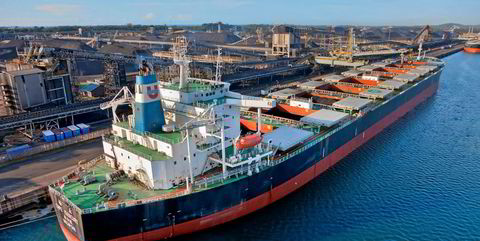Maersk Supply Service (MSS) aims to capitalise on the fast-growing floating offshore wind market in a cooperation deal with Stiesdal Offshore.
The two Danish companies have entered into a strategic partnership to offer combined solutions for the sector.
They hope to provide a comprehensive service involving engineering, procurement, construction and installation (EPCI) of foundations and moorings.
“This integrated approach will streamline the value chain, facilitating fast-track installations and ultimately bringing down the … costs of floating wind,” the companies said.
Since 2017, Stiesdal Offshore has been developing the Tetra concept, which it says is the world’s first fully industrialised floating technology.
Based on factory-made modules assembled in port to form a complete foundation, the concept reduces manufacturing hours significantly, achieving a lightweight, cost-effective floating foundation, according to Stiesdal.
The company worked with Shell, RWE and Tepco Renewable Power to build and install the first Tetra floater off the west coast of Norway in 2021.
MSS described the move into floating wind as “a natural progression” for the owner of anchor-handling tug supply units.
“With this partnership, we want to offer our customers a combined EPCI solution for floating wind foundation design, fabrication, assembly and installation,” said MSS chief executive Steen Karstensen.
“We believe this will simplify the value chain in the growing floating wind sector, which is still in the early stages, but which will also by necessity see rapid expansion and growth in the coming decade.”
Deep-water alternative
Floating offshore wind offers a deepwater alternative to bottom-fixed turbines, which are located in shallower waters.
Since areas with suitable seabed conditions for bottom-fixed turbines are limited, floating wind technology is opening up access to vast new potential areas for offshore wind, particularly for countries with deep coastal waters.
It also enables developers to target deepsea areas with the most favourable conditions, where the wind tends to be stronger and more consistent.
“The floating wind sector is expected to develop rapidly in the coming decade,” MSS and Stiesdal said.
The industry is exploring a number of demonstration projects. The first commercial floating wind farms are expected to be deployed from 2028.
In March, MSS made its first move into wind shipping with a deal to build what it calls a “pioneering” installation vessel for energy majors Equinor and BP to operate in the US market.
MSS said it has been working on the concept since 2019.
The wind turbine installation vessel will be 30% more efficient than using conventional jack-up units due to its “unique feeder capabilities”, it added.
The order was backed by a firm contract with Empire Offshore Wind, a joint venture between Equinor and BP, for the installation of the Empire 1 and 2 plants in New York State.
